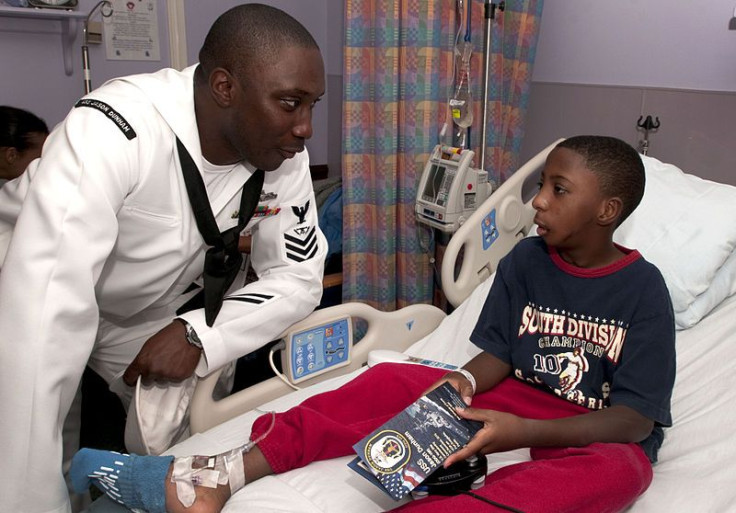Asthmatic And Diabetic Kids Who Skip Meds Linked To More ER Visits

Kids who forget to take their medication for a chronic condition could severely jeopardize their health. According to the Institute for Safe Medication Practices, a large percentage of adults in the United States are taking too many medications, not taking their medications properly, or both. These adults who have kids are more likely to teach their kids their poor medication practices. Taking medications the incorrect way could be extremely costly and a dangerous problem, as it increases the chances of severe medical complications and, in some cases, even death.
Many parents fear that giving their children too much or too little medication can cause serious side effects. Therefore, many opt to not give their children their prescribed drugs in order to avoid the risk of these adverse effects. Prescription drugs should be taken until finished as prescribed by a doctor, even if your child begins to feel better before that, says Kidshealth.org.
Kids and teens who suffer from asthma and type 1 diabetes and who skip doses of their medication are more likely to end up in the emergency room (ER), according to a new review.
The review published in the journal of Pediatrics found that nine out of 10 past studies showed that children with chronic illnesses who do not take their medicine have more ER visits. The review examined 10 past studies that included children with asthma, and the 10th study focused on those with type 1 diabetes. The participants of the study on average were between two and 18 years old, although one of the studies included young adults up to age 29.
All of the 10 studies tracked children’s medication use through observing refilled records, family questionnaires, and electronic monitors.
In the review, the researchers found, on average, that kids with asthma whose families did not fill any of their prescriptions were more likely to go to the ER than children with at least one filled prescription, reports Reuters Health. Children who rarely refilled their drugs had more trips to the ER compared to children who got at least half of their prescribed refills.
"In our experience, most patients and families are surprised to learn how prevalent this problem is, and many clinicians are as well," said Meghan McGrady of the Division of Behavioral Medicine and Clinical Psychology at Cincinnati Children's Hospital Medical Center and lead author of the study.
In a 2007 study, which was included in the review, approximately “1,500 children found those with no filled prescriptions for inhaled corticosteroid, compared to one or two, were over 10 times more likely to have an ER visit for asthma,” says Reuters Health. Inhalation corticosteroids are coritsone-like medicines that are used to help prevent the symptoms of asthma.
The researchers of the review found a contradictory result in two studies. The findings of the two studies revealed that the fewer prescriptions a child with asthma has filled, the less likely it is that the child would have an asthma-related primary care visit.
"It could be that these findings capture the profile of families who have difficulties not only taking their medications, but also attending regularly scheduled follow-up clinic visits," said McGrady to Reuters Health.
According to the American Lung Association, about 7.1 million U.S. children and teens have asthma, while 215,000 of people under 20 years of age have diabetes.
The researchers of the study concluded that the more ER visits kids make, the more hospitalizations, the more medical expenses, and the more school absences they have.
Published by Medicaldaily.com



























